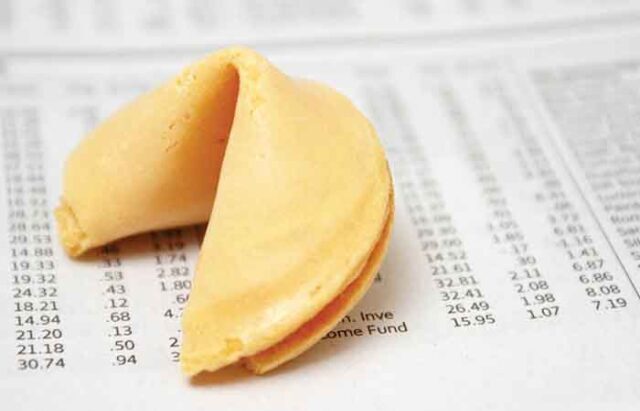According to data from the China Banajing Regulatory Commission, total bank assets had reached $38trn by the end of 2017, up from just $6trn (£4.3trn, €4.9trn) 10 years ago.
“That sort of growth can’t come without a few sour loans and some poor capital allocation along the way and this in turn may prompt the doubters to question just how long China can continue to prime the economic pump with a combination of fiscal and monetary stimulus,” Mould says.
“Growth in 2017 did seem to rely heavily on old, industrial China, rather than the one beloved of bulls of China, which is booming owing to the rise of the middle class, increased consumption, technological advances and the rise of web-services giants such as Baidu, Tencent and Alibaba.”
How to invest
When it comes to investing in China, investors have a number of options. They can go for a single country fund, a global emerging fund or an Asia Pacific portfolio. Ben Yearsley, a director at Shore Financial Planning, believes that for the majority, an Asian fund is probably the simplest route.
“Not only do you get the broad China exposure, you will get the knock-on impact China has on other countries in the region,” he says. “If you went down the EM route, you will end up with Eastern Europe and Latam as well as Asian emerging. An increasing number of Asian funds today have large Chinese exposure, either directly or through Hong Kong and arguably Taiwan.
“Two of my favourite funds, First State Asia Focus and Schroder Asian Alpha Plus, both have large weights in China. First State has 17% in China as well as further holdings in Hong Kong and Taiwan. IT and software features strongly and as you’d expect, the average market cap is quite high.
“The Schroder fund has more than First State in China and is more exposed to the names that have driven the market last year; Alibaba and Tencent to name two. So, in my view these two funds give you good broad exposure to the market and the key themes.
“However, what neither really gives you is direct exposure to small cap, so I would probably balance out these with either an Asian or Chinese smaller companies fund to give you that domestic kicker.”








